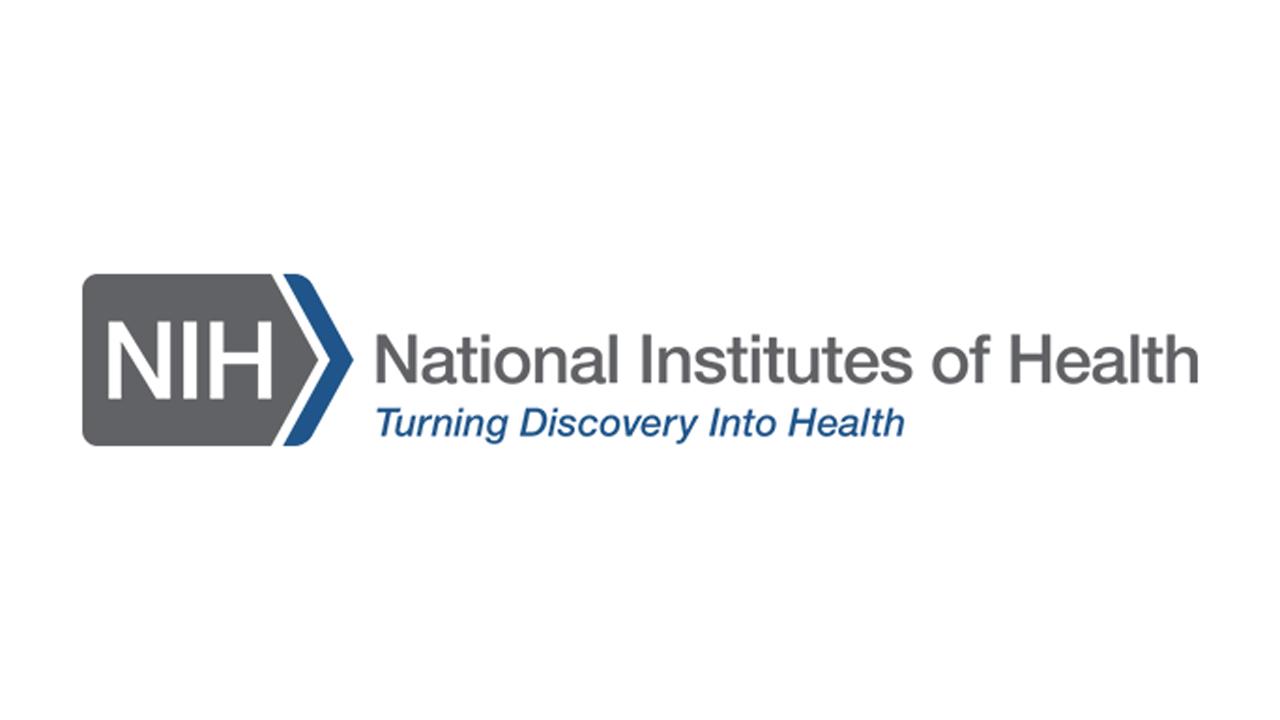
Sivasankar Receives R01 Award from NIH for Mechanosensitive Cadherin Adhesion Research

Sanjeevi Sivasankar, associate professor in the department of biomedical engineering, has received a $1.5 million R01 award from the National Institutes of Health (NIH) for his research on mechanosensitive cadherin adhesion and its regulation.
Cells form tissues and heal wounds by moving over long distances, in a highly coordinated fashion. This phenomenon is known as collective cell migration and a key protein involved in collective migration is cadherin, an essential protein that binds cells together. In order to collectively migrate, cells tightly control the strength of cadherin adhesion and loss of this control is a key characteristic of certain cancers. However, little is known about how cells manage to control cadherin adhesion and how this manifests in collective cell migration. Sivasankar’s proposal directly investigates these questions.
Cadherins are ‘transmembrane proteins’: i.e. they span the width of the cell membrane. The portion of the protein that protrudes outside the cell (extracellular region) mediates adhesion, while the portion within the cell (intracellular region) binds to a large number of intracellular proteins. The Sivasankar lab proposes that the binding of different proteins to the cadherin intracellular region, propagates along the protein and changes the structure of the cadherin extracellular region, thereby controlling its adhesion. Thus by changing the ‘pallet’ of proteins that bind to the cadherin intracellular region, cells are able to differentially change the structure and adhesion on the cadherin extracellular region. They also propose that some cadherin cancer mutations impede this ‘inside-out’ control of cadherin structure and adhesion.
Sivasankar’s proposal will provide a detailed, molecular level understanding of cadherin adhesion and resolve cadherin structures that are important in tissue formation, wound healing, and cancer. This knowledge will enable selective targeting and inhibition of specific cadherin structures, which can compromise cancer progression.
“My group and I are very excited to have this opportunity to understand the fundamental molecular mechanisms by which cells tune their adhesive properties. We are delighted that the NIH has chosen to fund our project since investments in basic science are essential for subsequent translational advances in health care.“
